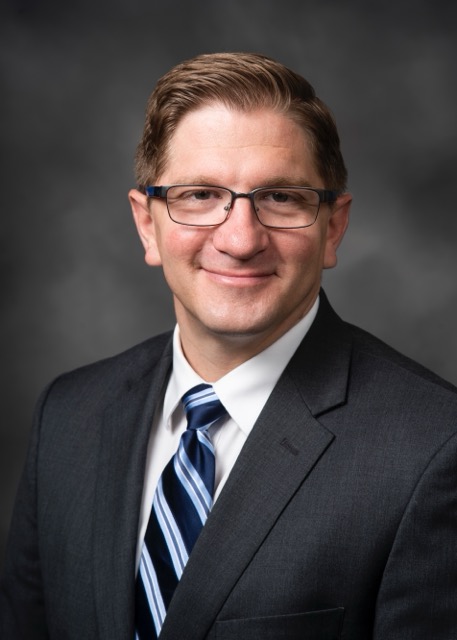When the Ends Do Not Justify the Means: A Lesson in PR Ethics

Most of us have been there. You begin a project confident in its potential and eager to collaborate with a new client. The goals are clear, the relationship is promising, and the work seems perfectly aligned with your values. Then, somewhere along the way, you realize the project has taken an unexpected turn, and not for the better.
I experienced this before coming to Brigham Young University, while mentoring a group of students in a Student-run Firm. We had secured several excellent clients for the semester, each one committed to supporting students and helping them grow. The assignments were a natural extension of what students had learned in class. Everything appeared set for a successful semester.
Midway through one client project, however, the students began receiving requests that crossed an ethical line. The client explained these actions were necessary to achieve results. I remember feeling unsettled.
I do not believe in misleading or deceiving, even if it might create a short-term advantage. But I also had to consider the practical implications:
- If we ended the project, what would the students work on for the rest of the semester?
- Would the client publicly criticize the program after being left without support?
- Would allowing some ethically questionable work be acceptable if it protected most of the students’ opportunities?
These are real questions, but they arise from a risky mindset: utilitarianism. This approach to ethics focuses on results, weighing actions by whether they benefit the majority. While it can sound reasonable, it can also justify nearly anything if the end result appears to be worth the cost.
An alternative is deontological ethics, which measures actions against values and principles rather than outcomes. In this view, something is right or wrong regardless of its potential benefits or drawbacks.
Fortunately, we have a shared set of principles in PRSA and PRSSA: the Code of Ethics.
Right at the top is honesty, defined as adhering to the “highest standards of accuracy and truth in advancing the interests of those we represent.”
In my situation, this meant we could not continue with the project as it was. I also understood that the students were watching closely. My decision would not only shape the outcome of this project but also influence how they might approach similar situations in their careers.
I scheduled a call with the client. This was before Zoom, so we placed him on speakerphone in the classroom so the students could listen. I thanked him for working with us and explained that as the project evolved, we realized we were not positioned to provide what he needed. I told him we wanted him to succeed and recommended he find a freelancer better suited for the work. We also waived his remaining fees so he could use those resources to secure the right support.
The client was disappointed and attempted to continue the relationship, but I remained positive and firm. Eventually, he thanked us and ended the call. He never spoke negatively about us or the university.
Afterward, I asked the students what might have happened if we had accused the client of dishonesty. They concluded it would likely have made him defensive and perhaps hostile toward the program.
Ethical practice is not about calling others out. It is about holding firm to your own standards while treating others with professionalism and respect.
As this semester unfolds, you may face situations that seem promising at first but slowly challenge your principles. When that happens, remember that the ends do not justify the means. In public relations, we work with people, not through them, simply to achieve a goal.
Your integrity is worth more than any short-term result. Uphold it, protect it, and let it guide your decisions.

Devin Knighton, Ph.D., is an associate professor at BYU and faculty director of the PR Intelligence Lab, mentoring students on real-world client projects that blend data-driven strategy with ethical communication practices.
